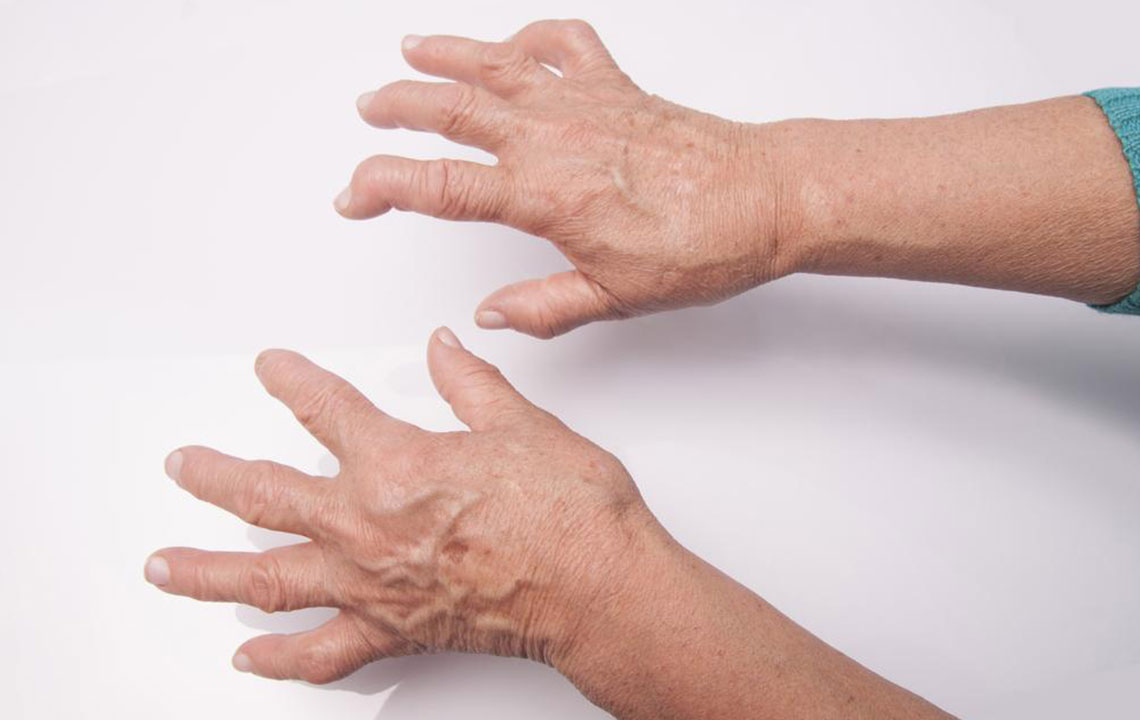Effective Strategies and Medications for Managing Rheumatoid Arthritis
This article explores effective management strategies and medications for rheumatoid arthritis, emphasizing the importance of therapies, proper medication, and professional guidance to control symptoms and prevent joint damage. While no cure exists, proper treatment can improve quality of life, with options including physical and occupational therapies, medications like infliximab and adalimumab, and surgical interventions when necessary. Always consult healthcare providers for personalized treatment plans tailored to individual needs.

Strategies and Medications for Controlling Rheumatoid Arthritis
Strategies and medications to manage rheumatoid arthritis
Rheumatoid arthritis is a chronic autoimmune disorder that leads to joint inflammation, swelling, and pain, often impacting the hands and feet initially. It results from the immune system mistakenly attacking healthy tissues, causing inflammation in various body organs. Although there is no cure, several treatment options aim to reduce joint inflammation, alleviate pain, and prevent progression. Managing this condition requires a comprehensive approach combining therapies, medications, and lifestyle adjustments.
Physical Therapy
Engaging in supervised exercises helps preserve joint mobility and strength. A licensed therapist can tailor routines suitable for rheumatoid arthritis patients, promoting movement while minimizing discomfort.
Occupational Therapy
This therapy assists patients in performing daily activities like dressing, cooking, and bathing more easily. Professionals recommend assistive devices to reduce pain and improve independence.
Surgical Intervention
When other treatments fail, surgery may be necessary to repair or replace damaged joints, correct deformities, and ease pain.
Medications for Rheumatoid Arthritis
H.P. Acthar®
Also known as corticotropin, this hormone helps manage symptoms but does not cure rheumatoid arthritis.
CUPRIMINE®
Used in severe cases that do not respond to other drugs, it is not recommended for juvenile rheumatoid arthritis due to its potency.
REMICADE®
Infliximab reduces inflammation by targeting specific immune responses, often used when other treatments are ineffective.
HUMIRA®
Known as adalimumab, this medication blocks tumor necrosis factor to decrease inflammation but can increase infection risk.
Enbrel®
Etanercept suppresses tumour necrosis factor, treating rheumatoid arthritis and plaque psoriasis in patients over 4 years old.
SIMPONI®
Golimumab, sometimes combined with methotrexate, inhibits inflammatory substances but may compromise immune defenses.
While home remedies may offer some relief, consulting a healthcare professional is essential for personalized treatment. Proper management can significantly improve quality of life, even without a cure. Always seek medical advice before starting or changing treatment plans.:










